Socializing and Serenading: Sam Hurwitz & 30 Minutes Late in The Vassar Music Scene
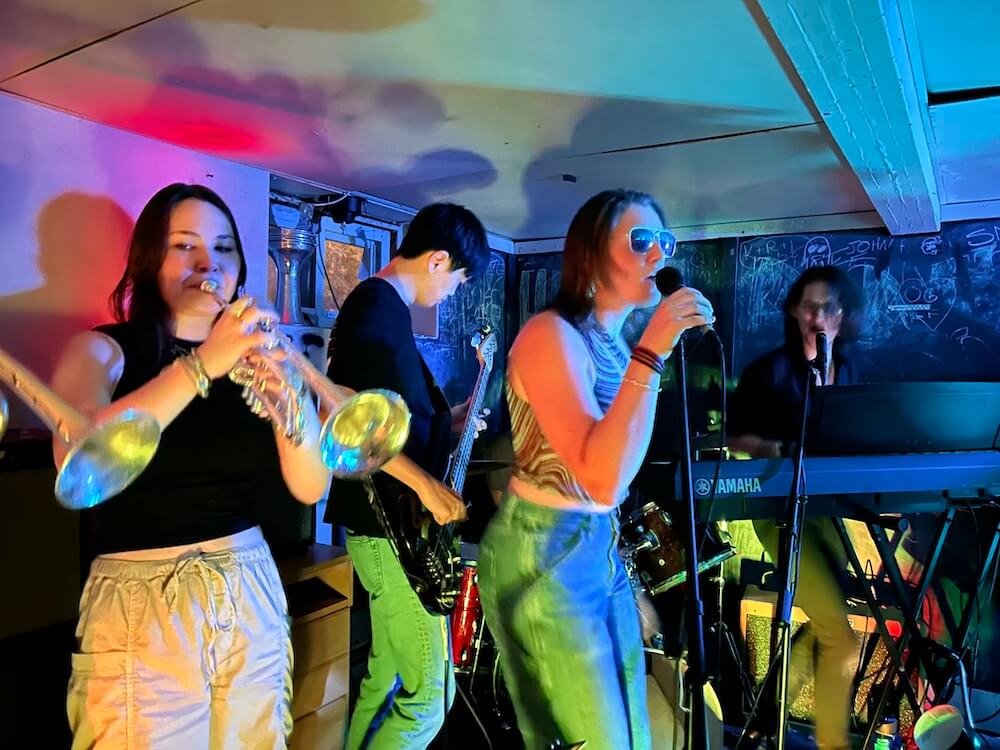
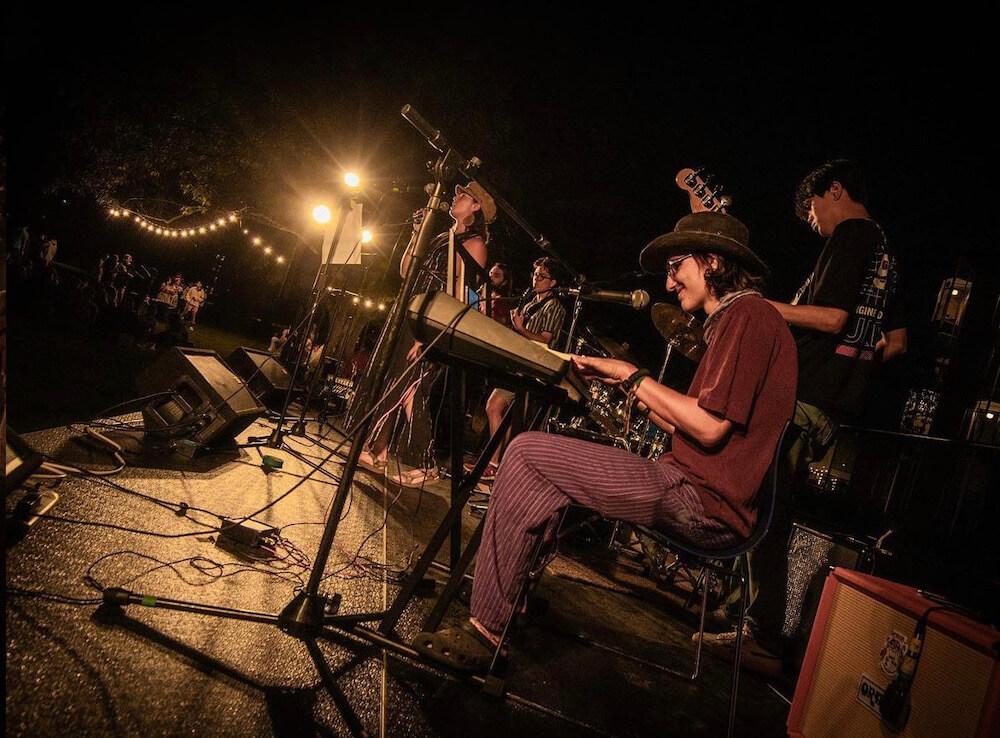
The “College Experience;” a universally understood idea. A phrase encapsulating every reason to go away to college other than the classes. College is not merely a set of buildings to hide away in for the pursuit of academic achievement. It is a haven for young people to grow socially, while exploring their creativity and refining their self expression. Nowhere does this hold more true than at Vassar College, a small liberal arts school in Poughkeepsie, New York. Nestled in the mid-region hills of the Hudson River Valley, you’ll find the broadest variety of student disciplines, backgrounds, and interests. Ask any one of the 2,400 students which extracurricular org they belong to and they’ll most likely give you two, and ask if they can add you to their email list. I spoke with two different Vassar musical artists: one a longtime songwriter molded and inspired by Vassar’s community of artists. The other, a group of eight musicians (give or take) whose band defines what it means to be a “student musician.” While they are quite different from one another, their love for performing for their community brings them together for a “Welcome Back” show on March 29th.
Meet Samuel Hurwitz, a Westchester born singer-songwriter who began his already lengthy career at age two.
“My parents had this old plastic toy guitar that ever since I can remember I’d strum and make up words with. I wrote this song called Bopadoo. It didn’t mean anything but I had enough understanding of what a song was: this is the song, it’s called Bopadoo, and in it I say Bopadoo several times.”
Sam quickly developed his craft, turning once nonsense lyrics into full fledged songs that impressed many who became early fans. He wrote his first song, “In english,” at age six called We’re Gonna Get Wet, a song simply about rain.
“Lots of people would laugh at the title and I wouldn’t get why.”
The title is where the laughter stopped. After starting guitar lessons at 6, Sam played his first open mic at 9, and by 10 years old he knew, “It was time to get serious.” He started taking more advanced piano and guitar lessons at Lagond Music School, which he describes as a rigorous yet extremely rewarding experience. He played with the school until he was fifteen. In that time, Sam became known as the local kid musician, playing (and winning) competitions, booking local gigs and interviews, and exploring the practice of recording his songs.
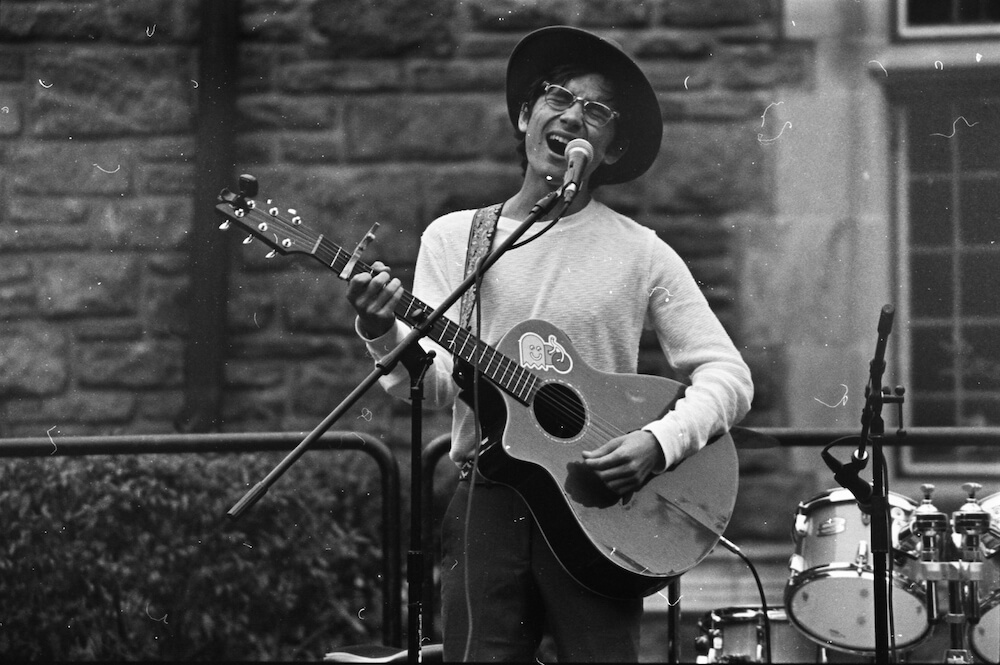
“People knew me as the kid with the guitar. I could count my friends in high school on one hand, but I’d play talent shows and concerts and people would hum my songs in class. It felt good to be known as really good at this one thing, and for people to recognize me for that.”
Sam uploaded his first music video to Youtube nine years ago, with no prior experience and little oversight. He sings and plays guitar and harmonica on the track, Without A Rhyme. Recording independently gave Sam full creative control, but also introduced its own challenges, as he often operated without notes from others. With no peer review, the process leaned on Sam’s gut feeling, his creative vision as a young artist.
Still, as intimidating as it was at times, Sam describes the experience as invaluable to his growth, not just as a musician, but a well rounded artist.
“It made me trust myself more. I had to learn when to step away and say, ‘Okay, this song is done.’ Otherwise, I’d keep tweaking forever.”
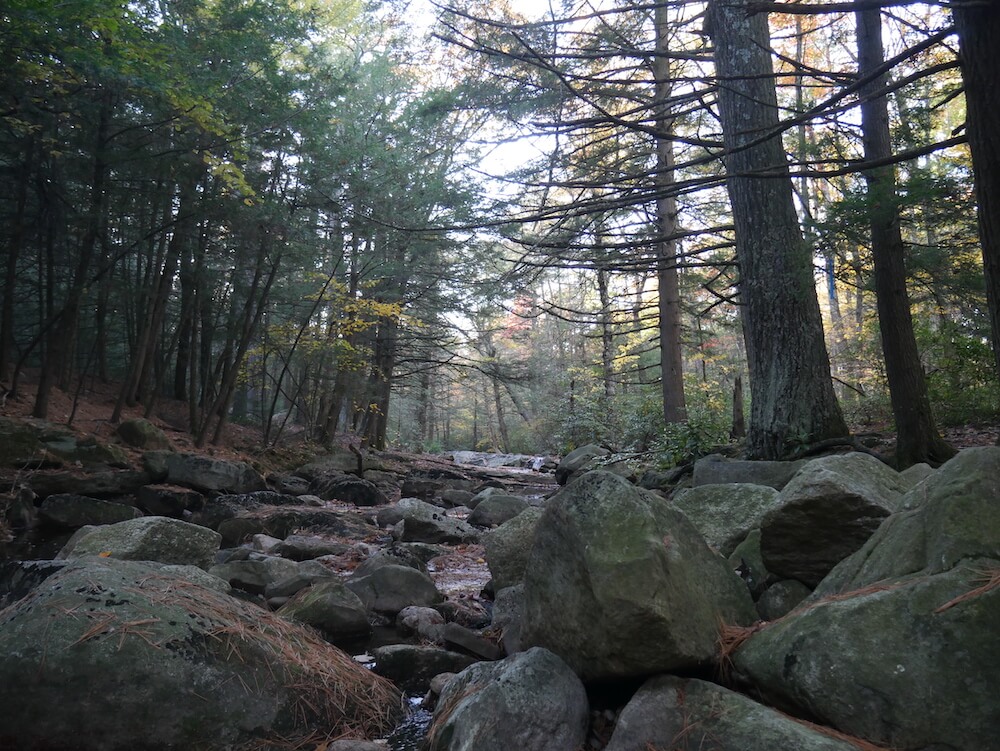
Despite the challenges, the process of creating both his first two albums, accompanying visuals, and performing throughout the process, reinforced his love for storytelling through music. Plus, the feeling Sam gets when his projects are well received is like no other.
“Once I began releasing, it was super affirming that people were watching. I got to know that this wasn’t all in my head.”
Sam now has both his albums and four singles streaming on all platforms. Plus performances of some of his first originals on Youtube, some dating as far back as 2013. Today, Without A Rhyme, has over ten thousand views.
Music is not only Sam’s calling, it’s also played a vital role in helping him navigate a lifelong personal challenge: his stutter. While speaking could sometimes be difficult, music became an outlet where he felt completely free.
“Music from a very early age was something beautiful for me because people don’t stutter when they sing. When I spoke, I’d get stuck, but when I sang, the words just came out. No pauses, no blocks—just the song.”
Sam’s journey as a musician is deeply intertwined with his experience of having a stutter. While he faced difficulties in everyday speech, singing never slowed him down. Everytime he played he felt uninhibited. Singing became a space of fluency and confidence, allowing him to communicate in ways that speaking sometimes could not.
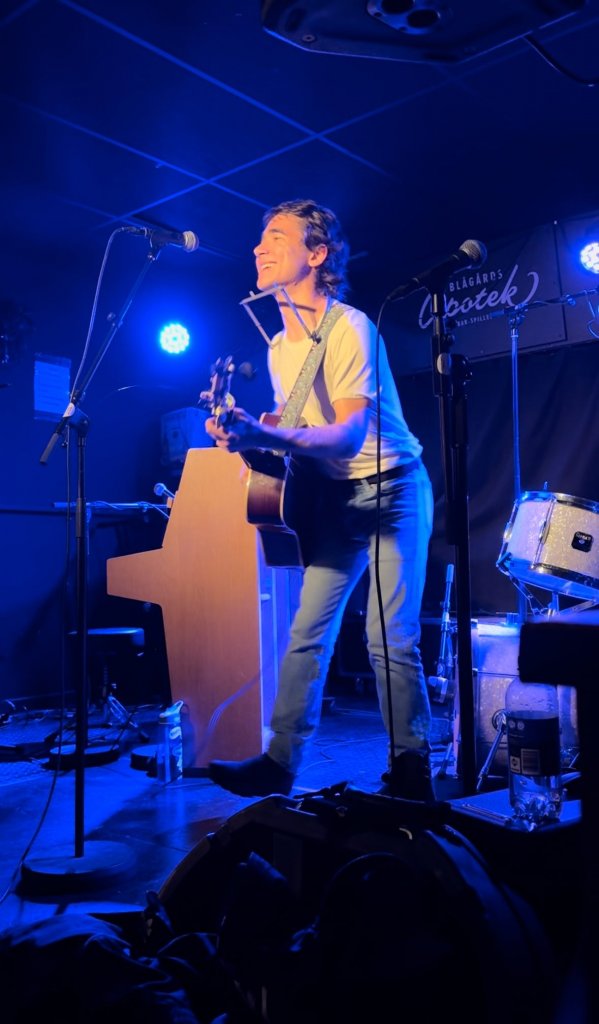
“Music gave me a way to say what I wanted to say without feeling trapped by my own voice…It wasn’t just about performing—it was about proving to myself that I could be heard.”
Sam’s goal is to give back to those who helped him love this part of himself, while helping those in similar situations do the same. He’s collaborated with the Stuttering Association for the Young on concerts and workshops for others who have struggled with their stutter.
“I’d feel so powerful because I’d be expressing my art and there was nothing lost in translation. When you’re stuttering it’s like there’s an instant power dynamic, which I think people with lots of disabilities might resonate with, you’re kind of infantilized inherently because it looks like you are struggling, even though I’m not struggling. When I stutter I know exactly what I want to say, it’s just how my body and my brain works…When I would sing at that young age there was none of that [confusion] but the minute I’d get off the stage I felt so afraid because people would say ‘Sam that was such a great performance,’ and by the time I can say thank you they’re already gone.
Through his music and his advocacy, Sam challenges these perceptions, using both his voice and his songs to redefine how people see stuttering—not as a weakness, but his own unique voice.
“I wish we lived in a world where stuttering was seen as beautiful, because I think stuttering is beautiful. It forces the world to slow down a bit and listen, but for a kid who was often not slowed down, who was forced to kind of live with a moving world, singing was beautiful for me…singing is liberating because no one can interrupt me I can take as long as I want on stage and you almost ‘artify’ your stutter.”
Now, the senior psychology major and music composition minor at Vassar is feeling the melancholic weight of senioritis. Sam knows his time as a student musician is nearing its end, and the sentiment is bittersweet. He’s ready to shed the novelty of performing as a “Child Act” or “Student Musician,” but still cherishes the arts community of Vassar. Now, he faces a decision many in his situation must make.
“Of course, as a dreamer, I want to chase my dream now rather than later…experience has shown me people like listening to my music. Coming to Vassar I thought, ‘I’ll minor in music but study Psych because that seems like a cool way to combine my interest, y’know, to make a living.’ But being here showed me that music is what I want to do full time, even if the path ahead of me isn’t perfectly clear. ”
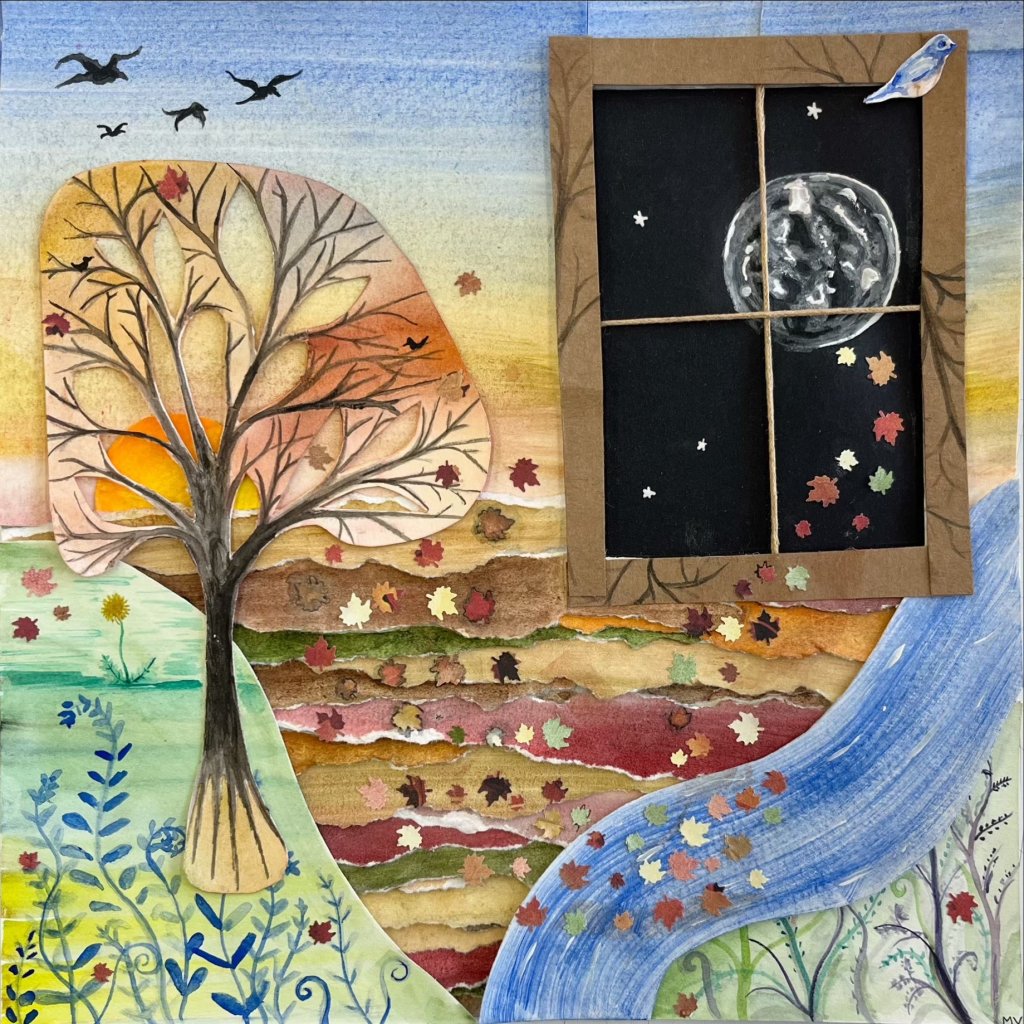
It’s this sentiment that inspired much of his upcoming album, Horizon. Sam calls his album, “An ode to the Hudson Valley,” which is reflected not only in the songs themselves, but in the recording progress.
“All last fall I’d drive my recording equipment up to the [Vassar] farm, set up, and work on these songs. Often it was just me, outside, with my guitar and it was incredibly fun and peaceful. It just felt like the way these songs were meant to be done.”
Raw, earthy, and no electrics are the technical themes Sam focuses on. A good portion of the album was written and some recorded outside, on the Vassar ecological preserve and other natural Hudson Valley spots significant to Sam and his time in the region. It’s the honest and true to heart note he’s ending his Vassar chapter on.
“Album one [I Drowned & I Woke Up] was Covid, then album two, The Optimist, was kind of the first part of Vassar. Coming to Vassar, experiencing this heartbreak in my first semester, and trying to understand myself. This one [Horizon] I remember very explicitly: I was in Cushing [Vassar dorm] which is beautiful, almost castle-esque. They have this piano in the building I would always find myself playing on and it was this very calming ritual that I had. I remember it was January 2022 and outside it was this sunny winter day and the snow was beginning to melt and I began playing, and this song called Horizon just came out. That felt very much informed by what I was seeing. The changing of seasons, the snow melting, it was this plea to the universe, ‘I’m ready to move, I’m ready to change,’ and that informed the rest of the album.”
Sam will play an album release party in The Loeb Art Museum on Vassar’s campus March 27th. Horizon will be released on March 21st. You can pre-save the album on Spotify today here. Important to note about Vassar is the absence of Greek life. Instead, there are seven acapella groups, seven comedy troupes, seven student theatre troupes, two student filmmaking groups and numerous independent student productions, projects, and performances happening at any given time. It’s these performance orgs, originally founded by students, that make up a major part of the scaffolding for the college’s social scene.
“As a Vassar student, you create the experience you want to have,” says Vassar senior Sarah Schuster, who sings and plays piano for Vassar’s most jovial band, 30 Minutes late. Sarah is one of eight current members of the funk/folk fusion fun band that is a must see for Vassar students and beyond. Lexi Gwyn ’25 (vocals, saxophone), Niko Jerrard ’28 (guitar), Lucas Chiang ’26 (bass), Max Foote ’26 (drums), Abby Posner ’26 (saxophone), Niah Madigan ’27 (trumpet), and Spencer McConnell ‘20 (trumpet) round out the rest of the current band. Originally a trio made up of Gwyn, a now transferred Aza Wolfwood, and a graduated Owen Scollard, that came together for one reason: to play a John Mayer song for a friend’s birthday.
“We didn’t plan on it going beyond that, but something clicked when we played together,” says Gwyn. “It was too much fun to stop.”
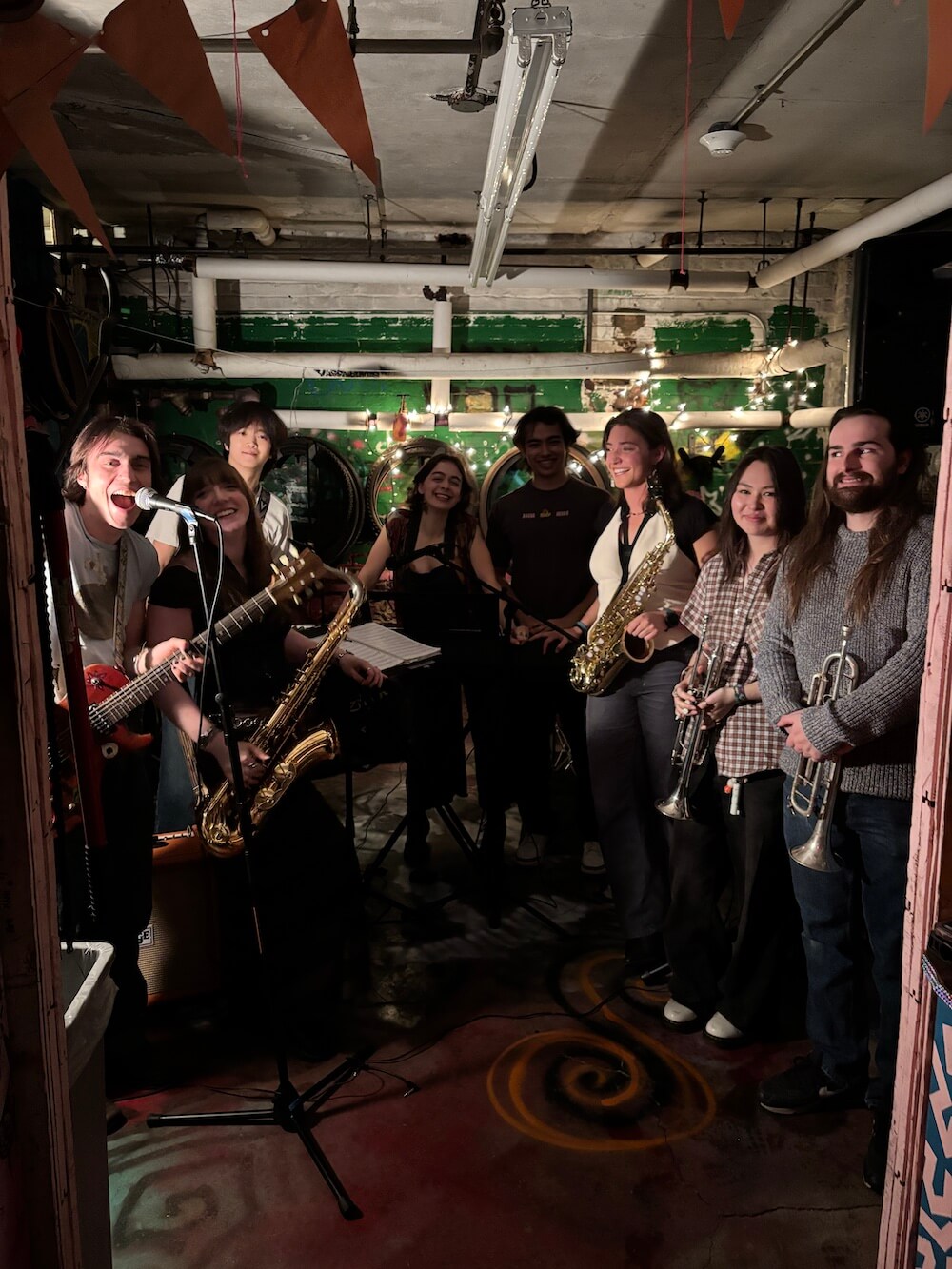
Since then, eighteen different people have been a part of 30 Minutes Late. Whether they are recruiting through social media, trusted referrals, or pop-up auditions, they are never short on potential members. Each member has their own whacky tale of how they came to know and join the band. Though the lineup is constantly evolving, the spirit remains consistent.
“The one thing I love most about this band is that we all come from the most different of places. We don’t really hang out outside of band practice, as a band. A lot of bands form because they are friend groups. They’re a friend group first, and everyone plays music, then decide to form a band, and it’s lit. But here, it’s all of these people I don’t get to see a lot everyday. Then we get in the practice room and we’re weird and silly and the times are fun.” -Gwyn

The band thrives on a carefree, community-first mentality. They recognize the commitments they each have as students pursuing very different, mostly non-musical callings. Yet they find and make time to come together a few times a week to rehearse, and give their weekends and nights out to perform for their peers. Gwyn made a point to emphasize the band is for the vibes, not the professionals.
“I find I have more fun when I have no expectations. As soon as it becomes a career goal it becomes work and stress and you have to figure out how to get paid for it and I hate that. Playing in a group of people is just about the community. Playing songs you love, making sound, and practicing so you sound better that’s super lit”
Like many acts at Vassar, the band has played a unique variety of venues. Of course you have your classic house basement, boiler room, and outdoor concerts, but a favorite of many was their 2023 Bike Shop show, in the college’s bike shop as you may have guessed. Though, it’s hard to beat their gig playing for Vassar’s first Tiny Desk concert, organized by the Vassar Student Musicians Union (StuMu).
“I’m very grateful we were offered it [Tiny Desk] but the best times I’ve had with the band have been performing in really cramped spaces. And the practice room.” -Aza “Telling people to go watch that [Tiny Desk] Doesn’t compare to playing for people live.” -Abby
“And our band was so big we didn’t fit in the camera” -Sarah
Both 30 Minutes Late and Sam Hurwitz recognized the integral part StuMu has played in the college’s music scene, especially with their resurgence in the post pandemic years. The resources for student musicians has drastically expanded since 2021 thanks to them; a musician directory, a newsletter, fully equipped practice room, recording guidance, and numerous performance opportunities to name a few.
What else do a longtime solo act and a band of unreplicable size have in common? Their favorite Vassar performance: first-year serenading. Serenading is a longstanding tradition at Vassar dating back to the early twentieth century, where members of the current classes would welcome first years through song. The event is one of the most popular of the year, and is always a cozy welcome to the first-year. Current 30 Minutes Late member Abby Posner said she actually saw the band perform at Serenade her first-year, and immediately knew she wanted to be a part of that.
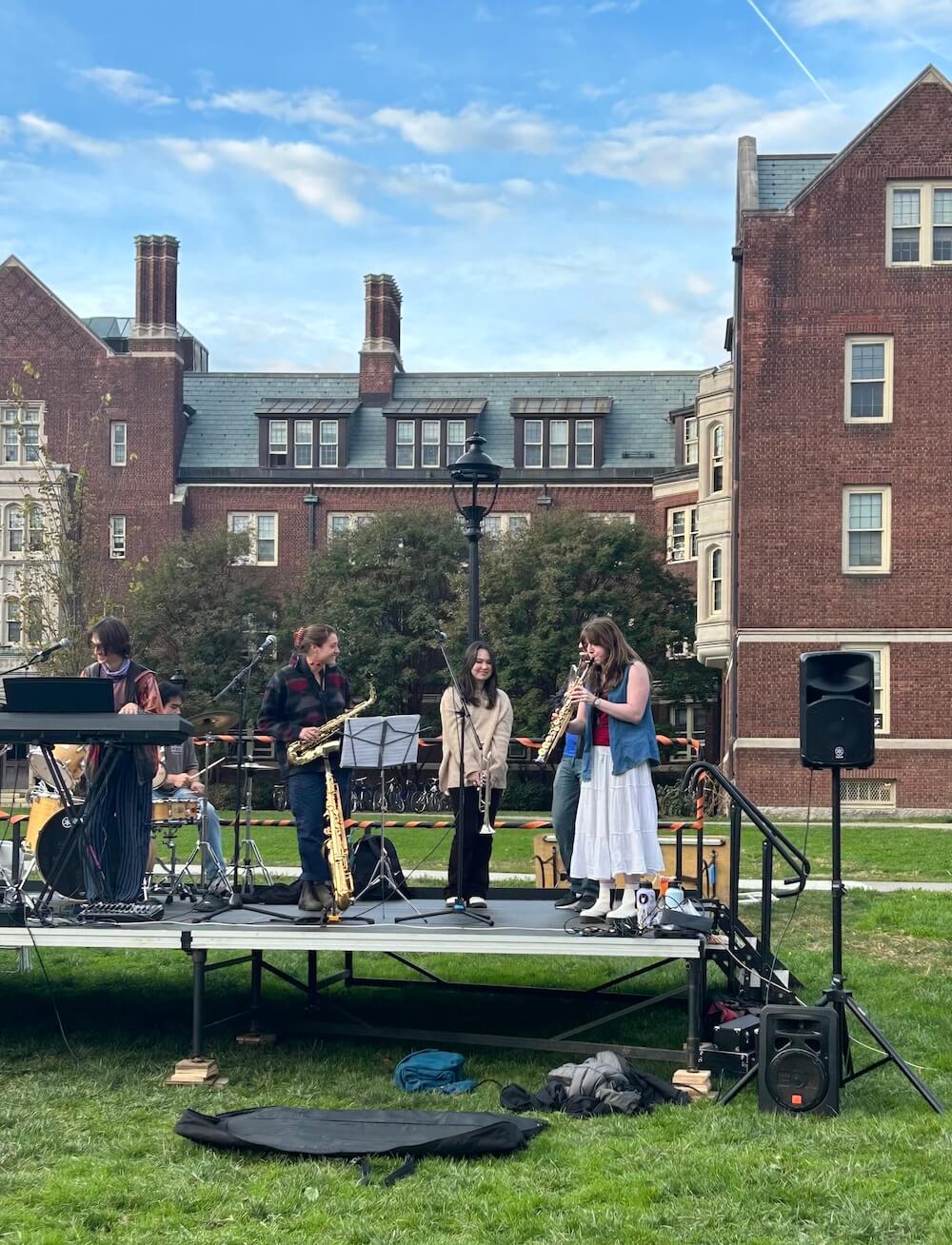
For Sam Hurwitz and the members of 30 Minutes Late, Vassar has been the artistic haven it was meant to be, thanks in a large part to like minded peers willing to collaborate. And while some may or may not continue their pursuits as musicians professionally after graduating, the many hours dedicated to the student music scene will have been more than worthwhile. As Gwyn sees it, “I don’t want to spend my time building a resume, I rather find joy.” Maybe we could all give that a try.

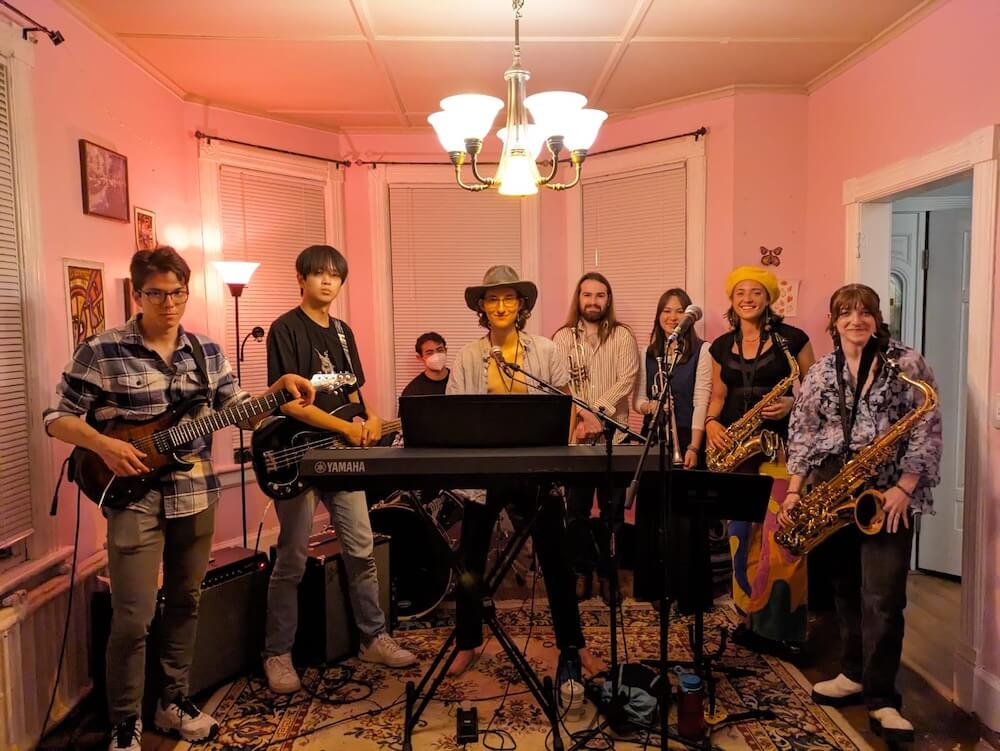

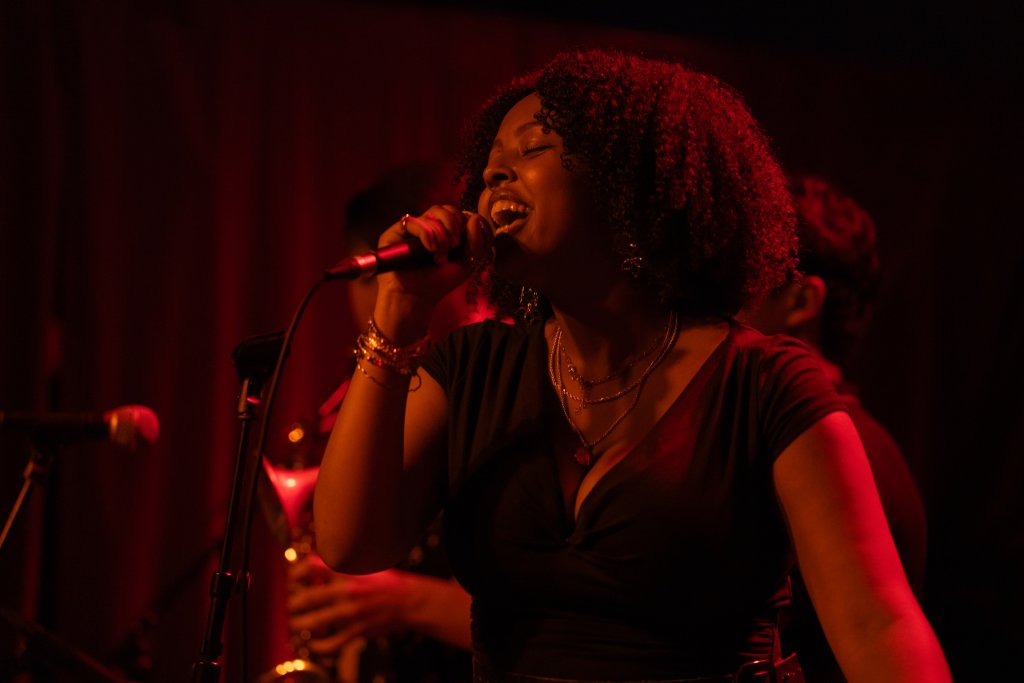
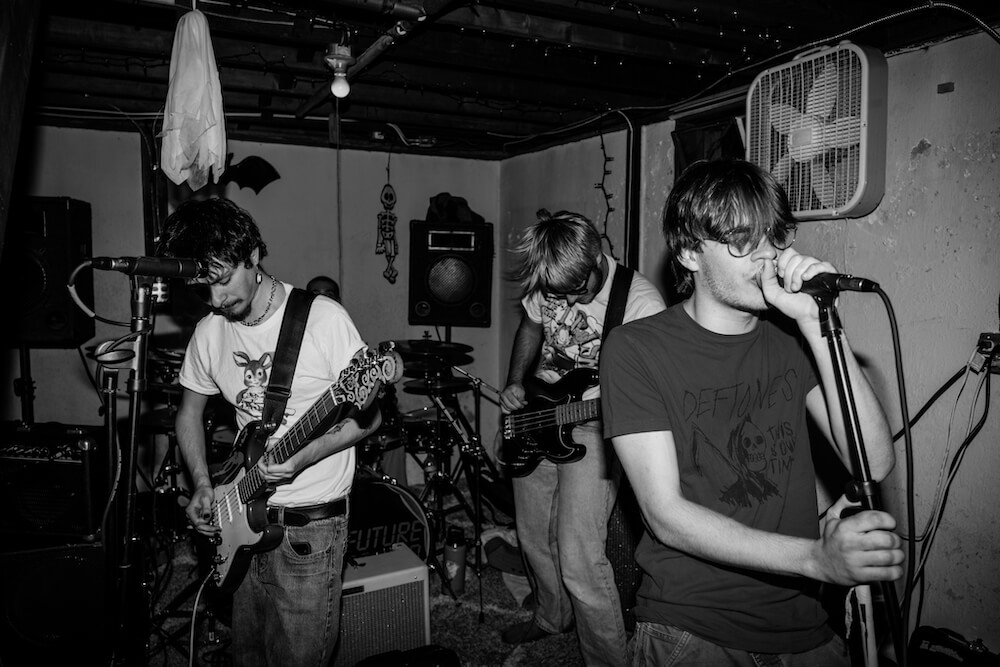
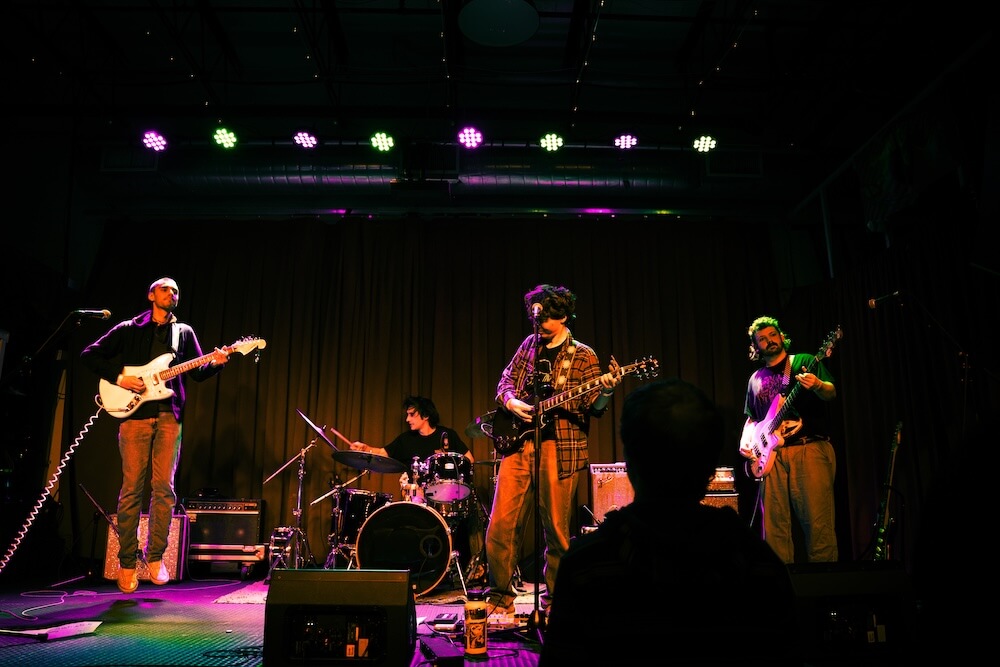

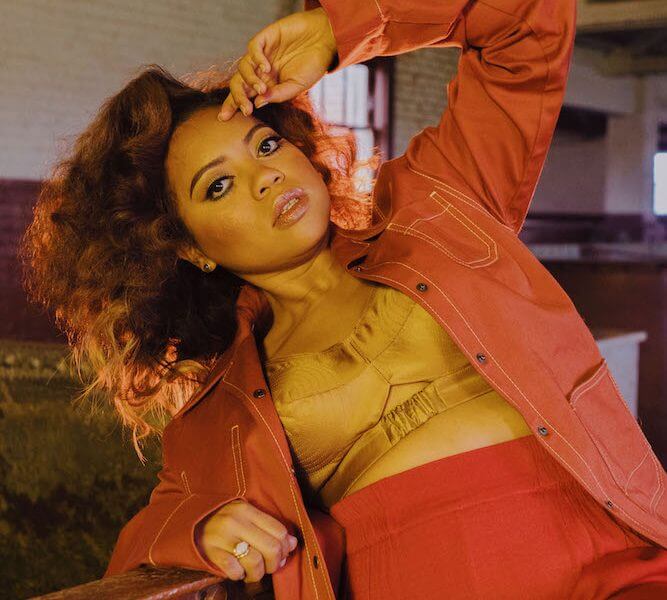
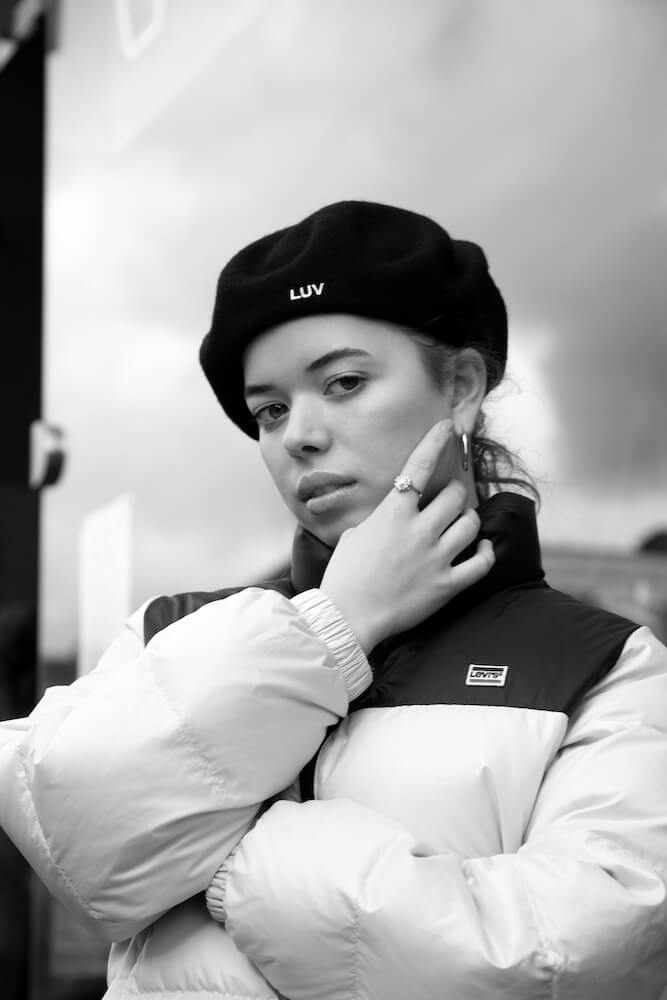
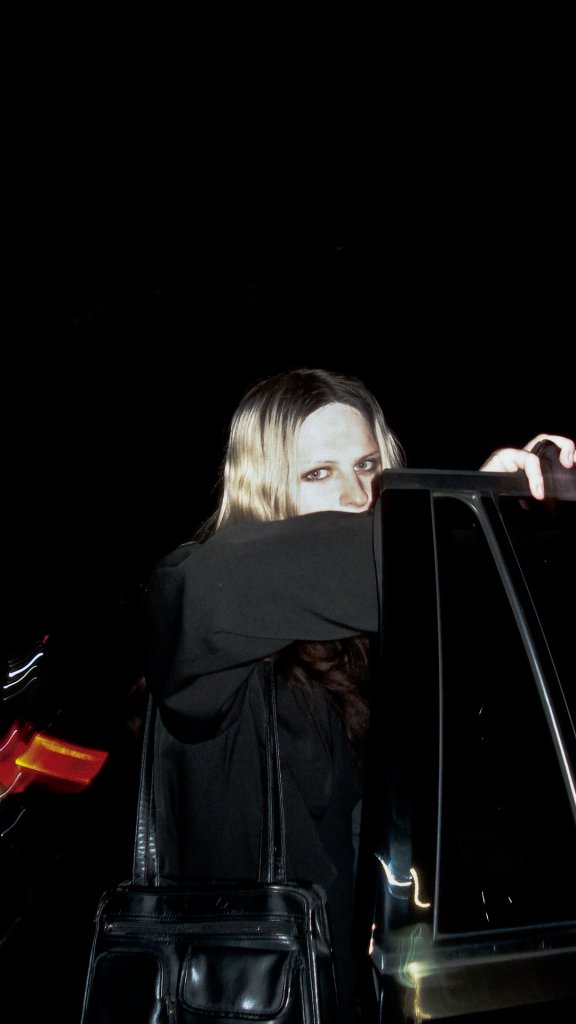
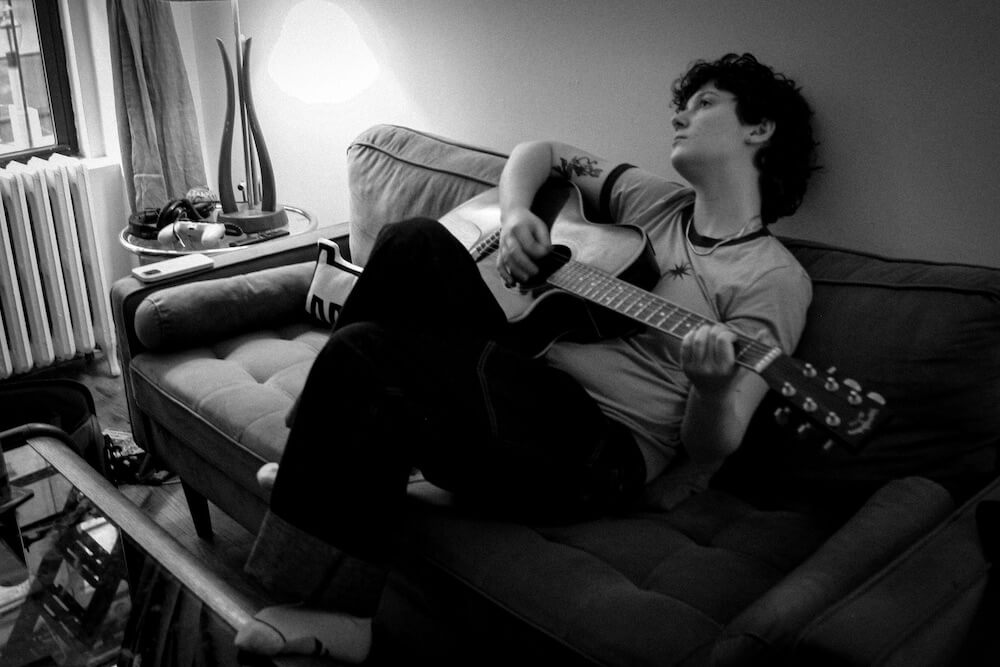
Responses